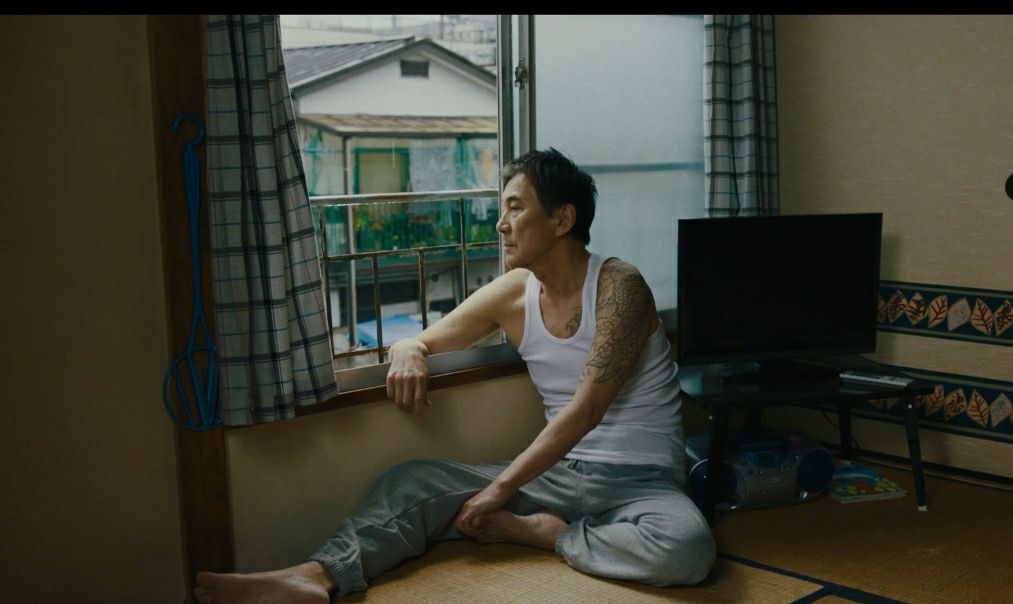|
Miwa Nishikawa's graceful direction serves this redemption story well. An incisive, well-measured examination of rehabilitation that fully recognizes the complexity of assimilation from the carceral social apparatus back into open society. Never overtly saccharine, Under the Open Sky wisely purveys the ex-con re-assimilation into society detached from negative or positive associations of legality. It goes beyond such social constructions into a more sociological approach, displaying how violence and aggression repel meaningful social formations regardless of legality, and how our social natures as human beings are far more rooted in cooperation than antagonization. The anarchic nature of day-to-day life is beautifully rendered, and how polite society's expectations while less structured in many ways, can be overbearing and extremely grating on those who come from the strictly regimented, authoritarian nature of organized crime. Managing to never feel didactic due to this assured, more existential approach to a familiar conceptional motif, Nishikawa's graceful direction is beautifully balanced by Koji Yakusho's layered performance that permeates with pathos, frustration, and aggression. Probably the weakest effort of Nishikawa's oeuvre I've seen to date but Under the Open Sky reaffirms how wonderful Nishikawa is as a purveyor of human emotion, often interrogating drama and social exchange through a lens that looks beyond merely the material or socially constructed directives of living, always reaching towards an existential means of understanding with not a shred of hubris.
0 Comments
Leave a Reply. |
AuthorLove of all things cinema brought me here. Archives
June 2023
|

 RSS Feed
RSS Feed
